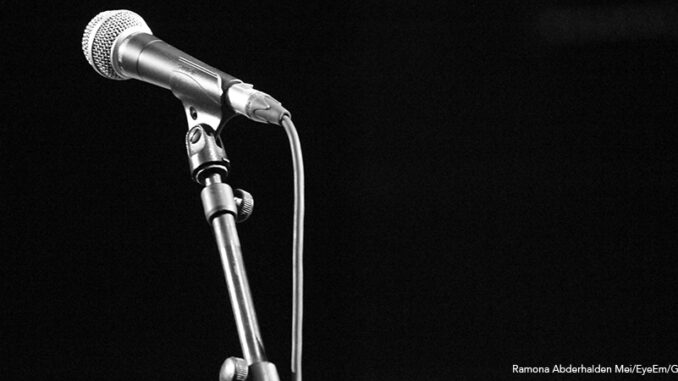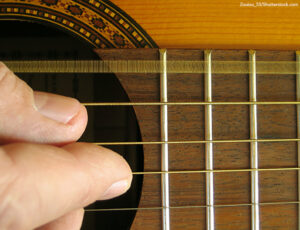
In honor of Women’s History Month, btw is highlighting the achievements and contributions of women who are less often acknowledged. This week btw takes a closer look at Sidney Robertson Cowell, an important ethnographer (someone who studies people and cultures) and folk music collector. She was instrumental in gathering and preserving folk music in California during the the twentieth century.
Early Years
Cowell was born in 1903, in San Francisco, California, to a wealthy family. (Her birth name was Sidney William Hawkins.) As a child, she accompanied her father on long business trips throughout the West, and he often left her to explore on her own–a fact she credited with sparking her love of folk music.
Cowell received her bachelor’s degree in Romance Languages and Philology from Stanford University in 1924. (Philology is the study of the structure of languages.) From 1926 to 1932, she taught music at the Peninsula School for Creative Education in Menlo Park, California. This was an experimental and progressive school that allowed her to incorporate Spanish and cowboy songs into the curriculum. She also studied the music of non-European cultures. She began working as a music assistant in the Resettlement Administration in Washington, D.C., in 1936. It was at this time that Cowell began to collect folk music recordings. She travelled to Virginia, Arkansas, Tennessee, and North Carolina, using a portable recording device to capture the songs.
California Bound
In 1937, Cowell travelled to California to explore plans to use New Deal funding to conduct folk music research in the state. In 1938, she received two hundred blank discs for recording folk music, with the expectation that she would return the original recordings to the Library of Congress’s Archive of American Folk Song. She also received funding for her project through the WPA (the New Deal’s Works Project Administration). The WPA funding allowed her to hire twenty employees. The University of California, Berkeley, provided her with office space for the project. The fact that she singlehandedly organized and directed a WPA project of this scope–which would later serve as a model for how to conduct a large-scale study of folk music in a particular region–is impressive.
A Lasting Legacy
Cowell officially opened the California Folk Music Project on October 28, 1938. It was closed in 1940 due to lack of funding. In just two years, however, the Project collected thirty-five hours of original sound recordings. You can read online information about Cowell’s collection and listen to some of the material at this website link. About one-third of the recordings are in English. The other two-thirds include music from numerous European ethnic groups as well as Mexicans, Puerto Ricans, and from other Spanish-speaking Americans. The project also included 168 photographs of the musicians and their instruments. Cowell also published The Gold Rush Song Book, as well as the Bibliography of American Folk-Song and Folklore. The California Folk Music Project is an extensive field collection of music that reveals both the music and culture of particular people at a particular time and place in American history.

